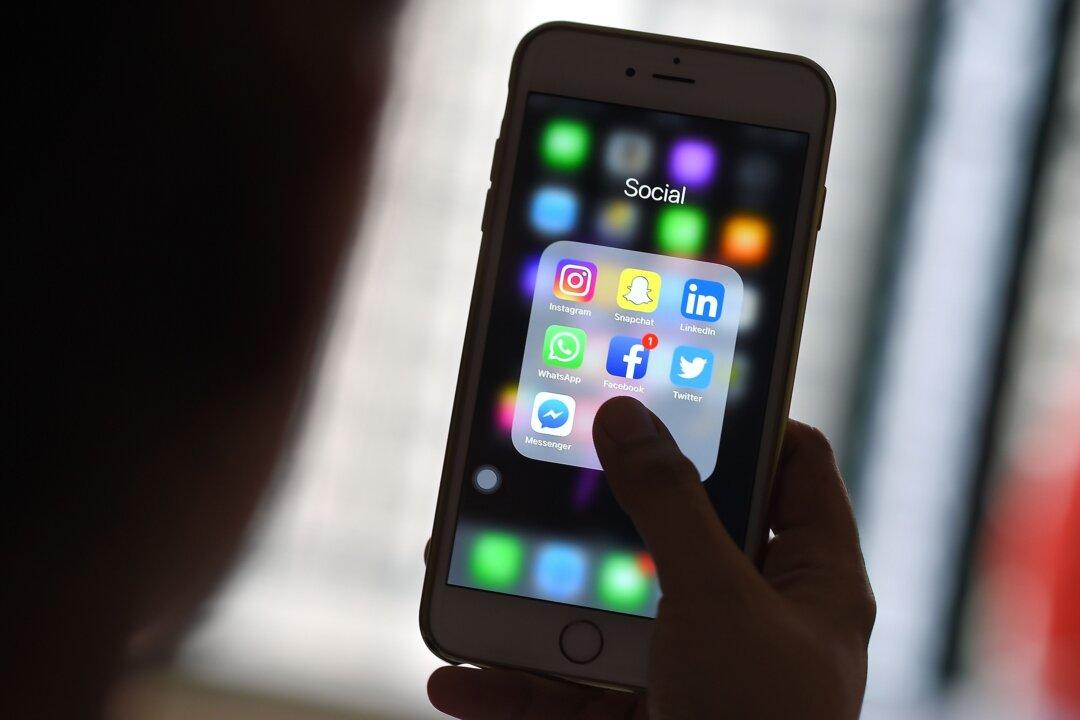Social media is driving children and young adults to have a low sense of self-worth and be dissatisfied with their appearances, according to a study published by London-based mental health charity stem4 on Jan. 3.
“Social media is definitely negatively affecting me. As young people, we constantly compare ourselves to good-looking people online. On sites like TikTok, the only people you see are gorgeous due to the algorithms and that makes us feel really bad about ourselves,” said a young person who was quoted in the study (pdf).




